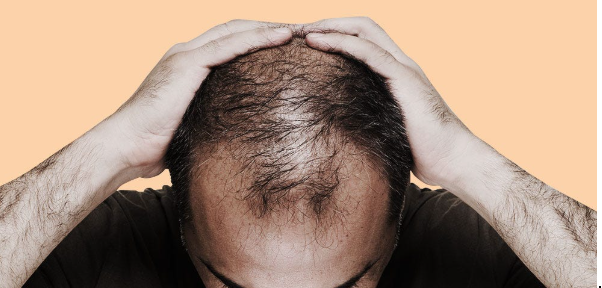
Hair fall: Causes, Myths and Real solutions
Hair fall is something most people face at some point in life. But with so much information online, it’s easy to get confused between what’s true and what’s just a myth. Let’s clear things up and help you find real, effective solutions.
Common Causes of Hair Fall
- Stress – Physical or emotional stress can lead to temporary hair shedding.
- Poor Diet – Lack of protein, iron, and vitamins affects hair growth.
- Hormonal Imbalance – PCOS, thyroid issues, or pregnancy can trigger hair loss.
- Genetics – Hereditary hair loss (androgenetic alopecia) is very common.
- Hair Products – Overuse of heat, chemicals, or tight hairstyles can damage roots.
- Medical Conditions – Dandruff, scalp infections, or autoimmune conditions may cause hair fall.
Myths vs Reality
- Myth 1: Cutting your hair makes it grow faster
False! Hair growth comes from the roots, not the ends.
- Myth 2: Hair oiling stops hair fall completely
Oiling helps nourish, but it can’t cure medical or hormonal hair loss.
- Myth 3: Washing your hair daily causes more fall
It’s okay to wash your hair regularly if you use a mild shampoo. It removes buildup and keeps your scalp clean.
- Myth 4: Hair fall is only a male problem
Not true! Many women face hormonal or pattern-based hair loss too.
Real Solutions That Work
- Scalp Diagnosis – At Anova, we begin with detailed scalp analysis to find the root cause.
- PRP Therapy – Your own blood is used to boost hair growth safely and naturally.
- Customized Medications – Prescribed shampoos, serums, or oral supplements that target your specific problem.
- Lifestyle Guidance – Nutrition, stress control, and hair care habits make a huge difference.
- Laser Therapy & Growth Boosters – Advanced, non-invasive treatments to stimulate regrowth.
Hair fall is normal but excessive hair fall is not. Don’t just follow random tips or DIY treatments.Get a professional consultation, know your scalp condition, and start the right treatment.
